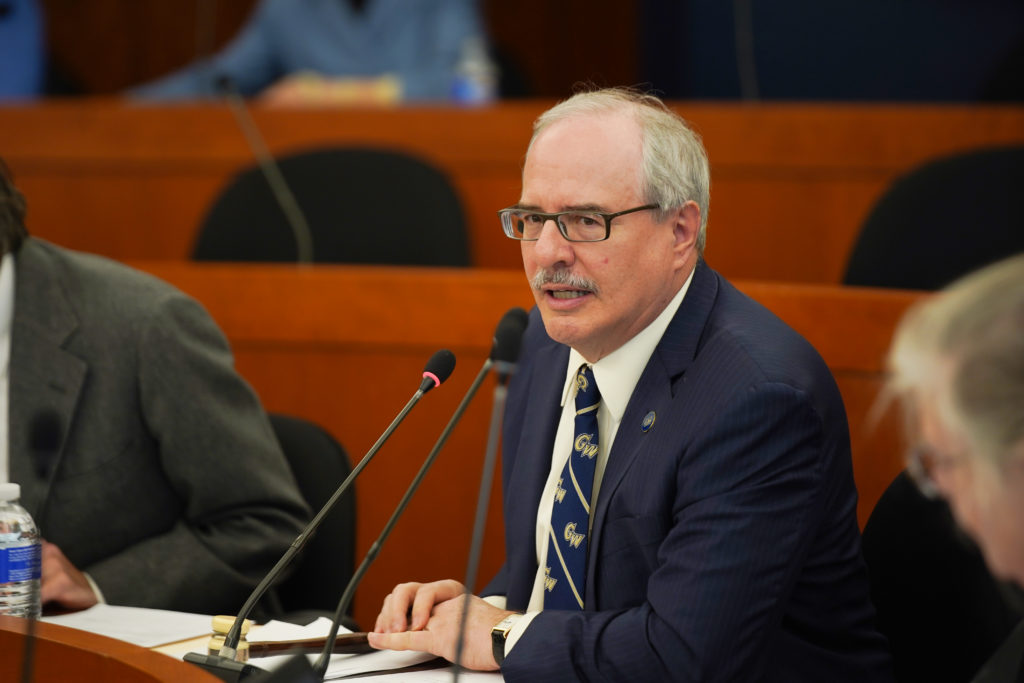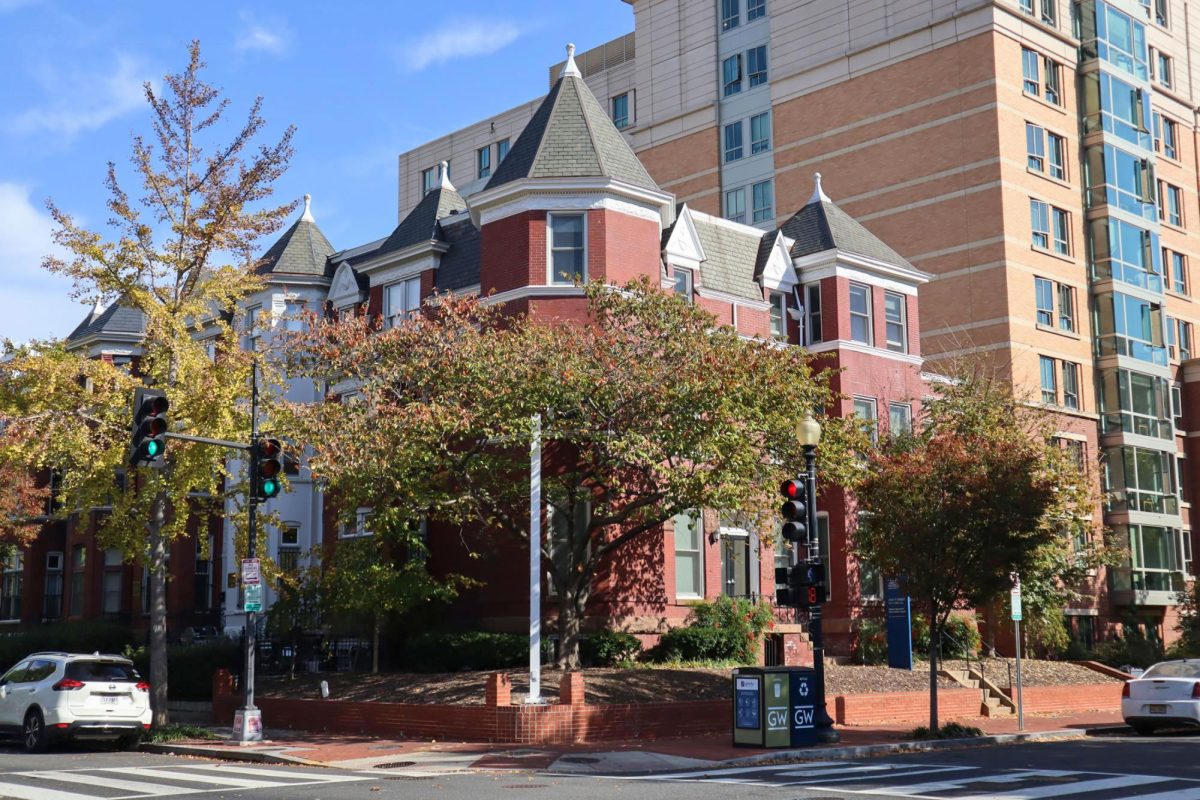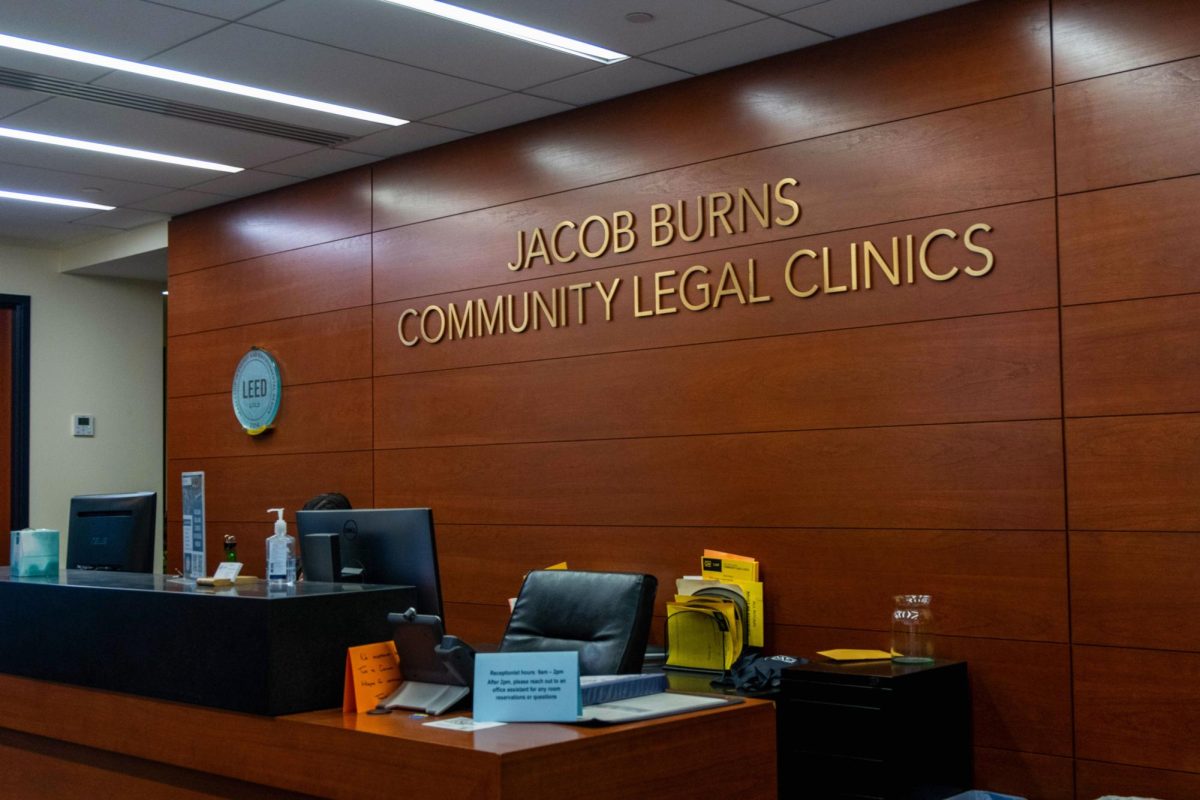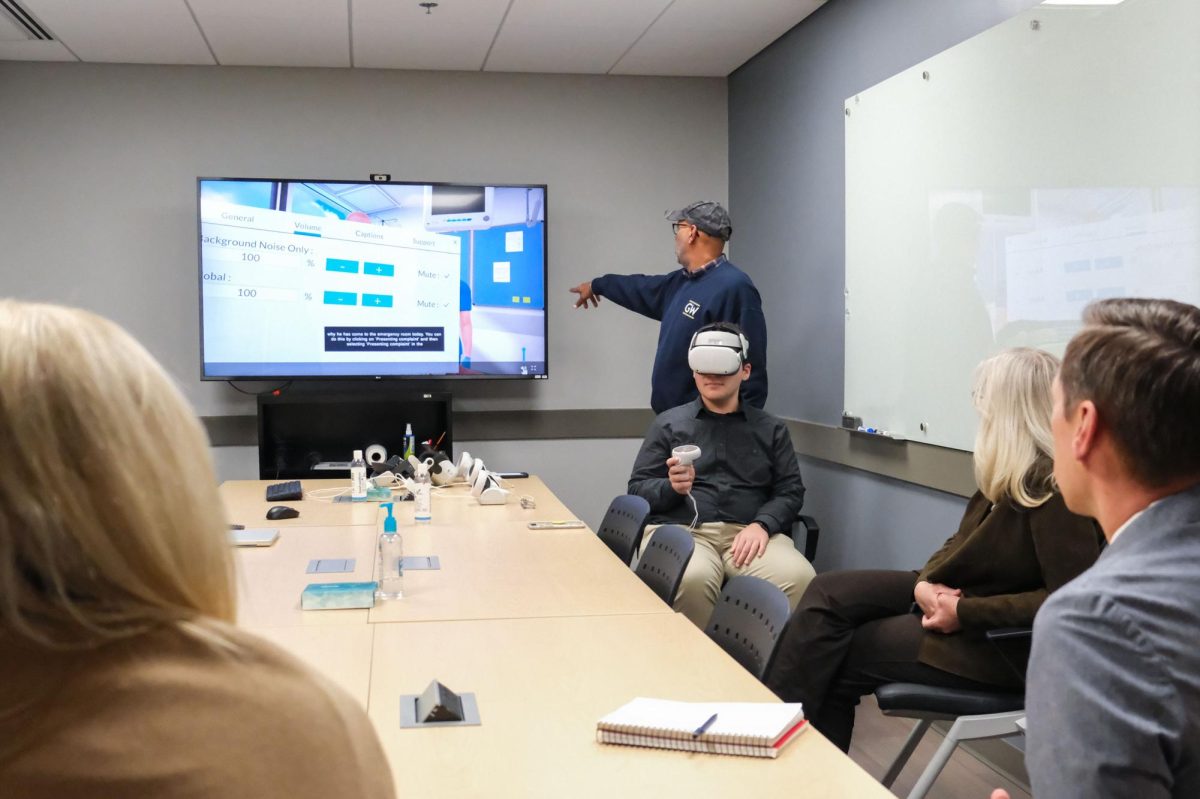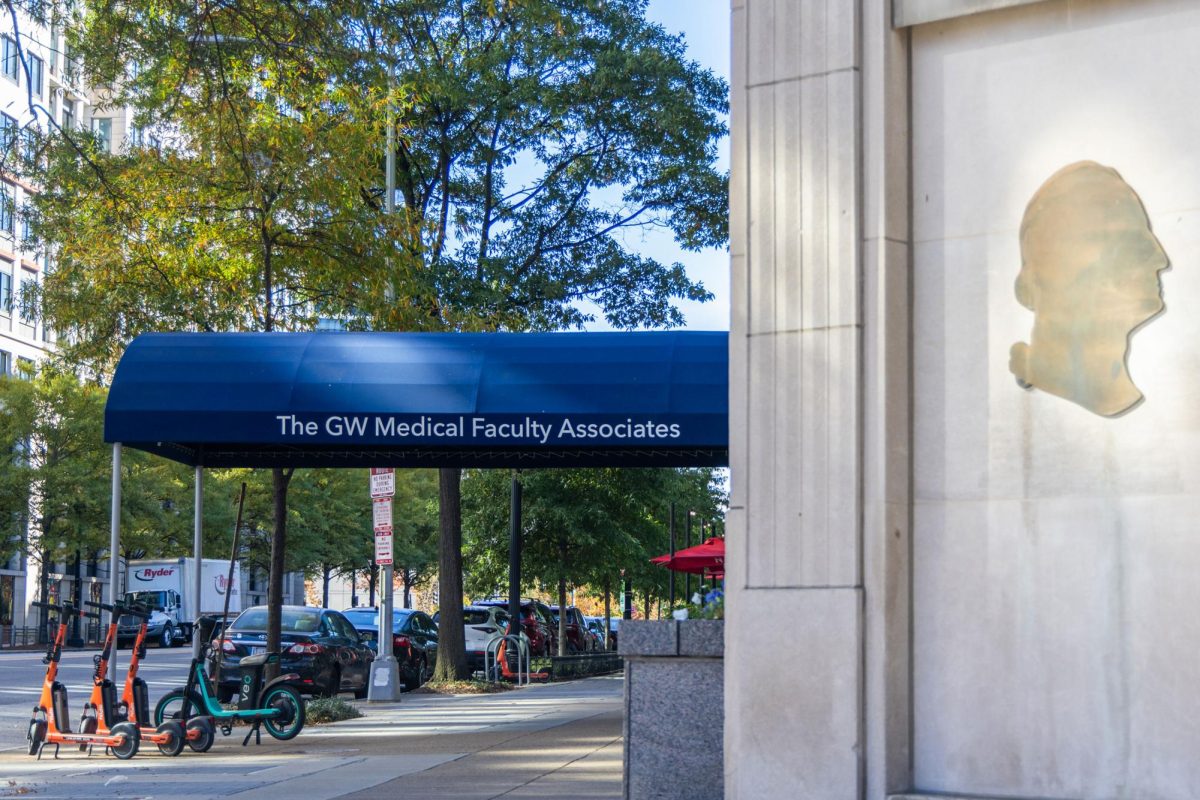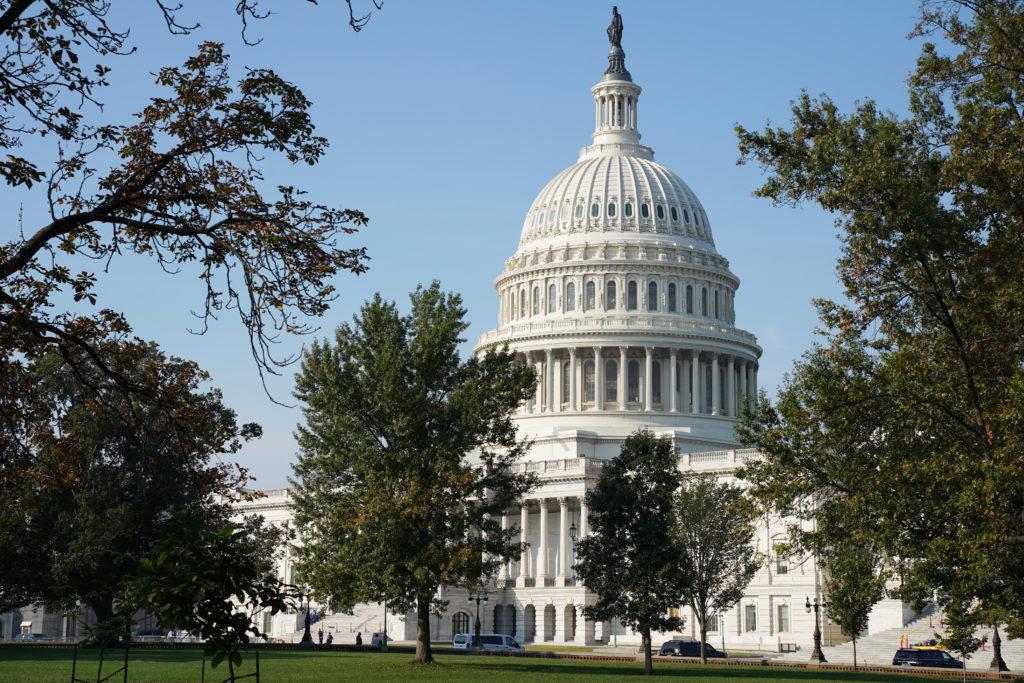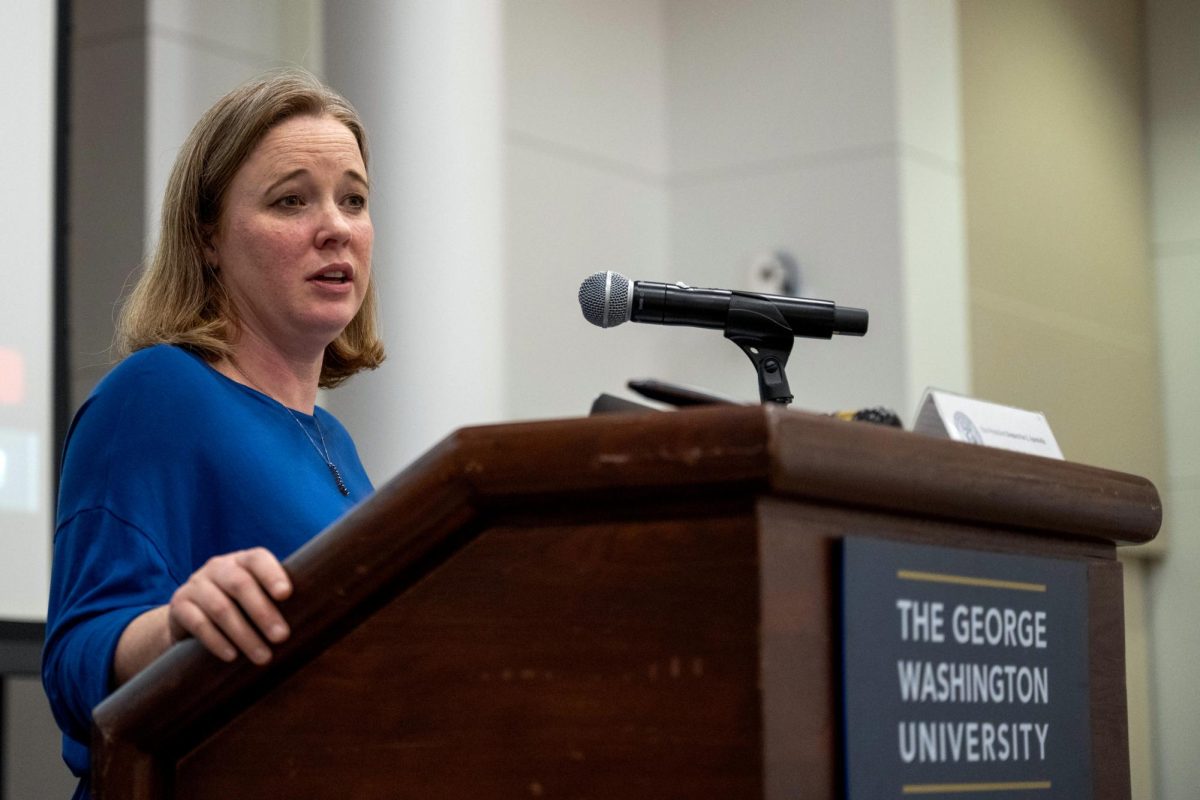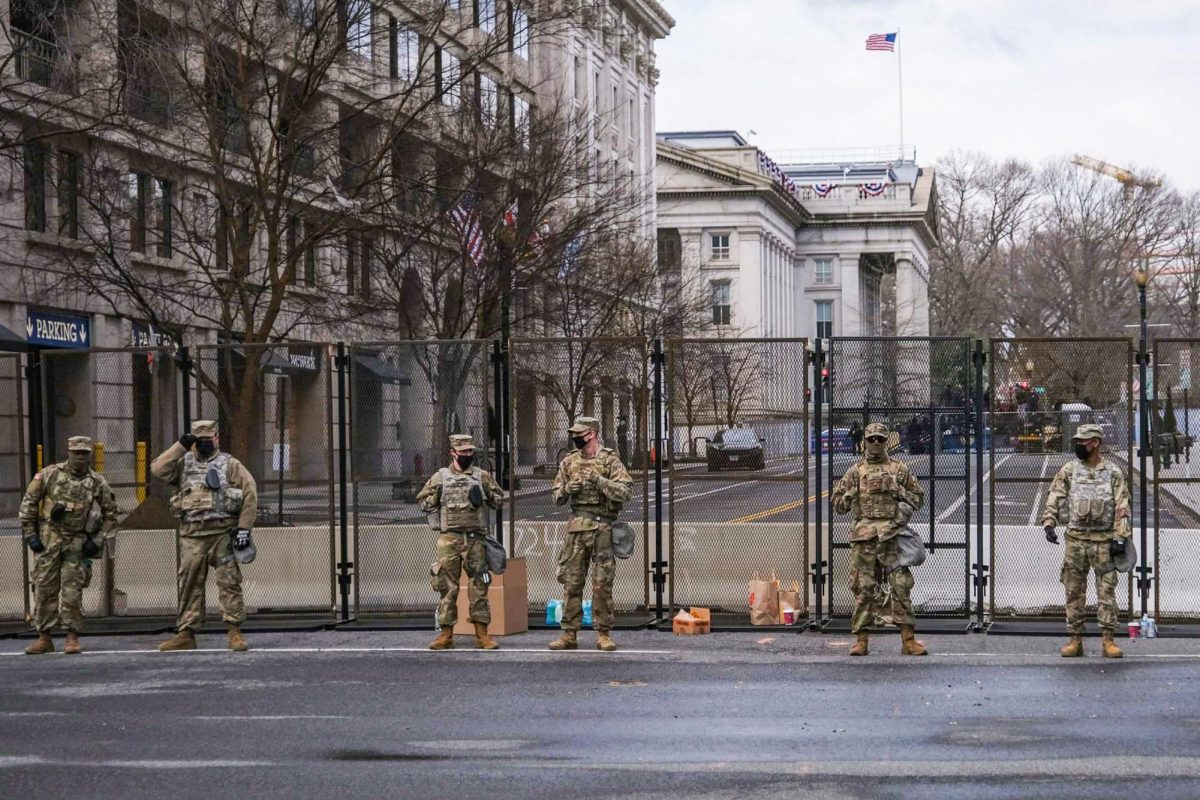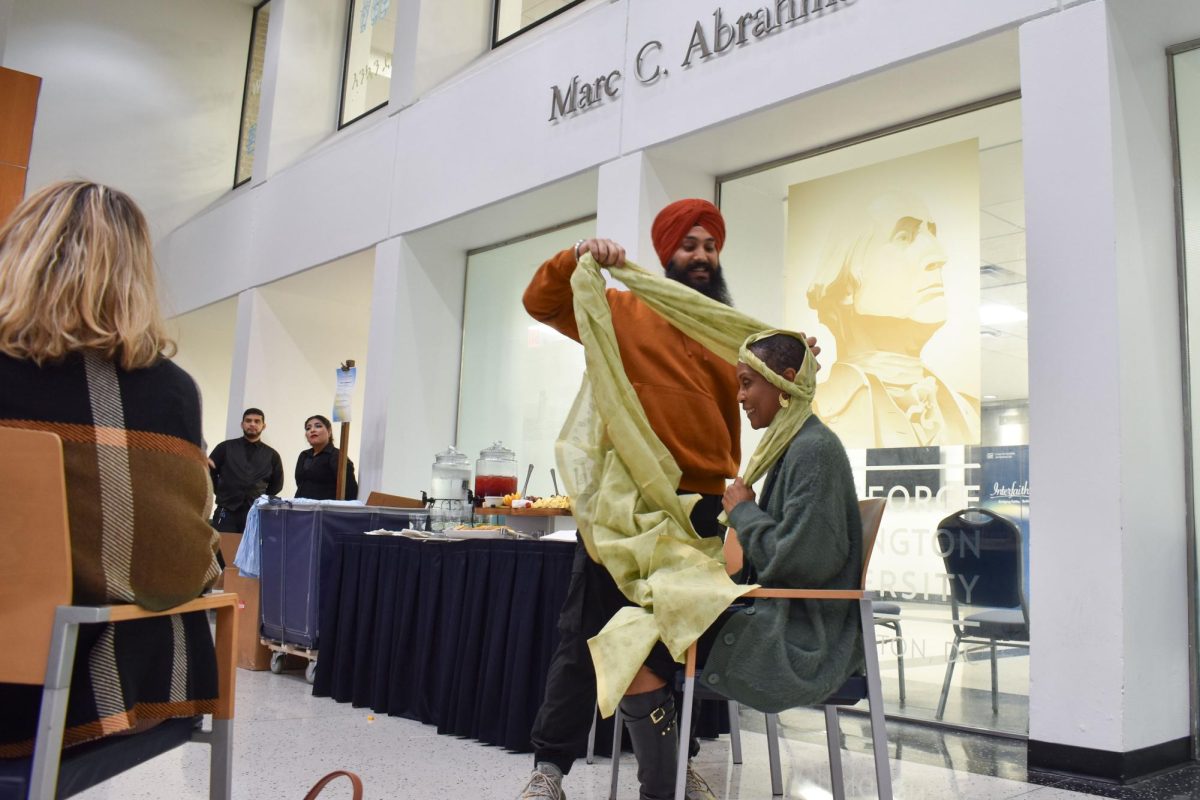The results of the faculty-wide survey assessing University President Thomas LeBlanc’s leadership are expected to be provided to full-time faculty Monday.
A group of faculty senators managing the survey announced Friday that they would meet their Feb. 22 deadline to distribute the results after the survey closed at the end of last month. The survey will mark the widest measure of faculty sentiment toward LeBlanc to date after years of rising tensions.
[gwh_image id=”1137243″ credit=”” align=”none” size=”embedded-img”][/gwh_image]“Since the survey closed on January 31, 2021, we have been working on analyzing the data,” the faculty senators said in a statement Friday. “We want to thank you all for your active participation and for the robust response rate.”
The group managing the survey said they received more than 1,200 responses.

Sidney Lee | Graphics Editor
The Faculty Assembly approved the survey in November following a monthslong deliberation about whether to censure LeBlanc or even take a formal no-confidence vote as hundreds of members of the GW community signed petitions and statements calling for LeBlanc’s resignation.
As faculty prepare to release the survey results, here’s a recap of how tensions grew:
As one of the hallmarks of his tenure, LeBlanc developed the 20/30 Plan, which sought to reduce the number of undergraduates by 20 percent while upping the share of undergraduate STEM majors to 30 percent over a five-year period. The plan was met with criticism from many faculty over shared governance, diversity and financial concerns.
LeBlanc and other officials have said the plan is now obsolete after placing it on hold in the wake of the COVID-19 pandemic.
GW’s roughly 8 percent undergraduate enrollment drop this year, coupled with lost housing revenue and other income sources during the pandemic, created a $180 million annual budget gap this fiscal year. The gap led administrators to cut employee travel, institute freezes on most hirings and capital projects and lay off hundreds of staff.

Sidney Lee | Graphics Editor
The layoffs – which occurred solely in administrative units, with many divisions being entirely restructured to save costs – inflamed some community members’ frustrations, with hundreds citing the cuts in their calls for LeBlanc’s resignation.
LeBlanc has said during public meetings and interviews that he has always prioritized the health and safety of the GW community, but the pandemic has necessitated “difficult” decisions, including layoffs, that could not be avoided.
As part of the reorganizations, LeBlanc named Heather Swain to lead GW’s newly restructured communications and marketing divisions. Swain rescinded her acceptance of the hiring offer after many raised concerns over her decisions leading Michigan State University’s communications office during the Larry Nassar sexual abuse case. LeBlanc later apologized for the hiring.
But the hiring was a step too far for some faculty, who began leading an effort to censure LeBlanc. Arthur Wilson, the chair of the Faculty Senate’s executive committee, said in September that the committee was also considering a faculty evaluation of LeBlanc’s performance, and a “suitable survey instrument” had already been prepared.
After trustees asked faculty senators to soften their condemnation, the senate voted in October to voice “severe disapproval” instead of a formal censure.

Sidney Lee | Graphics Editor
Weeks later, a group of professors introduced the petition to launch the faculty-wide survey, which was approved by the Faculty Assembly in a 152-25 vote. The vote came after an intense debate about the petition and legitimacy of online voting.
As many faculty and student organizations have demanded LeBlanc’s resignation, trustees have publicly defended him, saying he has demonstrated a “strong” ability to lead the GW community through the pandemic.
“On the completion of the February Board meetings, including a comprehensive update on the status of the University, the Board of Trustees commend President LeBlanc and his leadership team for the great work they continue to do managing effects of the pandemic to secure the University’s future,” the Board said in a statement earlier this month. “The University leadership has the deepest appreciation and gratitude of the Board.”
Board Chair Grace Speights said in an interview earlier this month that she had been invited to review the survey results, which she plans to look at, but she will ultimately rely on the Board’s standard review of LeBlanc this spring before determining if his contract will be extended.
She said trustees are hiring an independent firm to assist with the review, which will conclude near the end of the academic year.
“We’re going to rely on a process that we put into place to make sure that we have a fair and independent process,” Speights said. “That’s what we’ve done with every president, and that’s what will be considered.”


